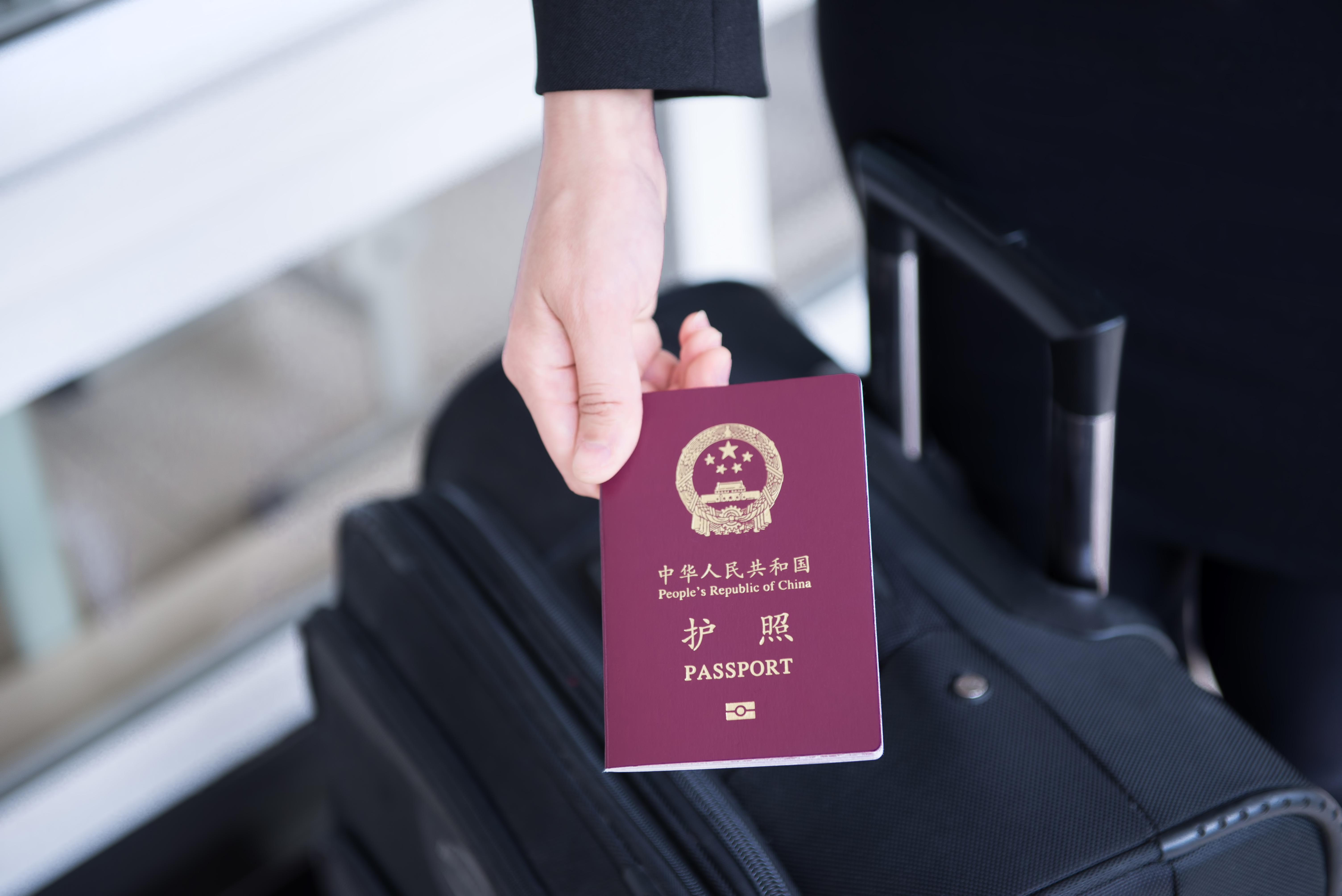
The Chinese government has recently introduced e-passport for its citizens with an intention of safeguarding their personal information. If you hold this biometric passport, you must be aware that it has got a special microchip to it. This microchip holds the digitalized biometric information of the citizen from China. Besides, the e-passport also makes international travelling safer for the citizens, and avoids illegal entries too.
The e-passport is automatically checked and verified without the need for a border control officer. So, if you hold an electronic passport, you can avoid queuing and waiting times at the border control gates. However, a Chinese e-passport holder cannot use this document to apply for a Vietnamese eVisa.
The introduction of e-passport has led to a disagreement between China and other countries namely Vietnam, India, and the Philippines. This is because, the Chinese e-passport includes a map of China, as well as the regions and islands of other countries mentioned above. Hence, these countries have established certain limitations with regard to the eligibility of Chinese citizens on visa applications.
Chinese e-passport holders will not be able to apply for an Indian visa outside China. Chinese citizens intending to visit the Philippines should carry a Philippine Visa separately. Similarly, e-passport holders of China cannot apply for a Vietnamese eVisa, if they wish to travel to Vietnam.
The concept of electronic visa or eVisa was introduced in China to make travelling a hassle-free experience. For visitors wishing to enter and stay in Vietnam for a short period of time, Vietnam e-visa for Chinese citizens comes in handy. The entire application process is done online, so it does not require you to visit an embassy or consulate.
The Vietnamese eVisa document will allow a visitor to stay in Vietnam for a maximum of 30 days. When applied through a reputable Vietnamese visa agency, the applicable fees will be reasonable and relatively less than the amount that you need to pay at an embassy.
You cannot use an electronic passport to apply for a Vietnam eVisa. So, being a Chinese citizen, you will have to follow a different procedure of visa application. A Chinese e-passport holder should apply for a Vietnam visa in their home country to successfully process the application. Citizens with an e-passport would most likely have to visit a Vietnamese embassy in China to begin the application process.
However, professional Vietnamese travel agents in China will help you in getting your Vietnam visa issued in a separate document. This is called a loose-leaf visa, which will grant entry for a Chinese e-passport holder to Vietnam.
Apparently, a Chinese citizen with a non-electronic passport shall follow the regular process of Vietnam eVisa application. If you are holder of a non-electronic Chinese passport, read on to know the application process for Vietnam eVisa:
When applying for an eVisa through the above procedure, following are the requirements:
Make sure that you apply for your Vietnam eVisa at least 7 days ahead of the day of arrival to Vietnam.
The Vietnam e-Visa for Chinese is a single-entry visa that allows all Chinese citizens to enter Vietnam and stay for up to 30 days. Vietnam eVisa suits quick, short trips.
If a visitor from China visits Vietnam for other purposes such as work, or wishes to enter Vietnam multiple times, they could apply for a multiple entries visa that gives them a maximum stay period of 6 months. Apply for Multiple entries Vietnam visa online with the help of a professional visa agent. Or you can get this done through the online ‘Visa on Arrival’ program.
The Chinese citizens traveling to Vietnam, must submit the planned dates of travel and duration of the visit on the application form. The form must also include the accommodation details in Vietnam where the traveler intends to stay. However, the visa processing for the Chinese citizens usually takes about 3 business days to complete. It might even extend, depending on many various other factors. To ensure that you get your visa on the right time, submit the form at least 7 business days before travel.
If you are a Chinese e-Passport holder, get in touch with a reputable visa agent for assistance in Vietnam eVisa application. They can help you easily navigate through the process and prevent any complexities in the future.

The Vietnam e-Visa is an electronic travel authorization which allows travelers to stay in Vietnam for up to 30 days, single entry. China is one of the eligible countries that may apply for this type of visa (Contry list for Vietnam e-visa).

There are now 35 more countries that’s been added to the Vietnam e-Visa program. This includes Hong Kong (China) and Macau (China).

Those who hold Chinese passports are required to apply for visa to enter and stay at Vietnam. Like most of other countries around the world, there are two ways to get Vietnam visa for Chinese citizens: Obtain Vietnam visa directly at Vietnam Embassy in China or apply for visa on arrival through www.